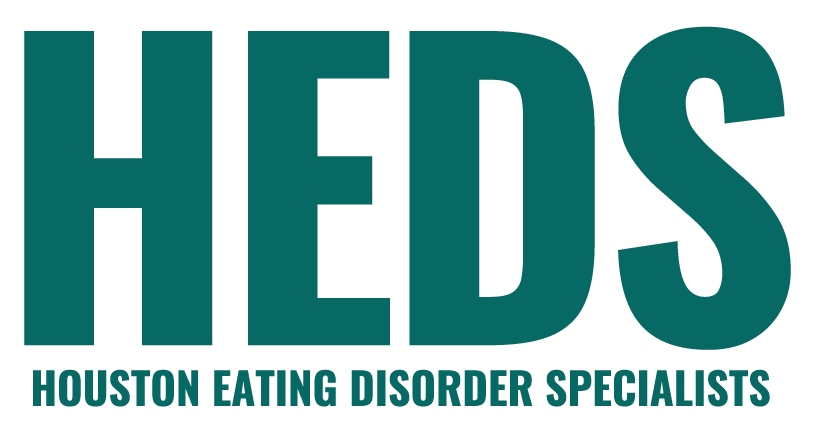Binge Eating Disorder (BED) is a type of eating disorder not otherwise specified and is characterized by recurrent binge eating without the regular use of compensatory measures to counter the binge eating.
Binge Eating Disorder is characterized by:
- Frequent episodes of eating large quantities of food in short periods of time.
- Feeling out of control over eating behavior.
- Feeling ashamed or disgusted by the behavior.
- There are also several behavioral indicators of BED including eating when not hungry and eating in secret.
Health Consequences of Binge Eating Disorder:
The health risks of BED are most commonly those associated with clinical obesity. Some of the potential health consequences of binge eating disorder include:
- High blood pressure
- High cholesterol levels
- Heart disease
- Diabetes mellitus
- Gallbladder disease
About Binge Eating Disorder:
- The prevalence of BED is estimated to be approximately 1-5% of the general population.
- Binge eating disorder affects women slightly more often than men–estimates indicate that about 60% of people struggling with binge eating disorder are female, 40% are male (Smith et al., 1998).
- People who struggle with binge eating disorder can be of normal or heavier than average weight.
- BED is often associated with symptoms of depression.
- People struggling with binge eating disorder often express distress, shame, and guilt over their eating behaviors.
References:
- Smith, D.E., Marcus, M.D., Lewis, C.E., Fitzgibbon, M., Schreiner, P. (1998) Prevalence of binge eating disorder, obesity and depression in a biracial cohort of young adults. Annuls of Behavioral Medicine, 20, 227-232.
© 2005 National Eating Disorders Association. Permission is granted to copy and reprint materials for educational purposes only. National Eating Disorders Association must be cited and web address listed. www.NationalEatingDisorders.org
